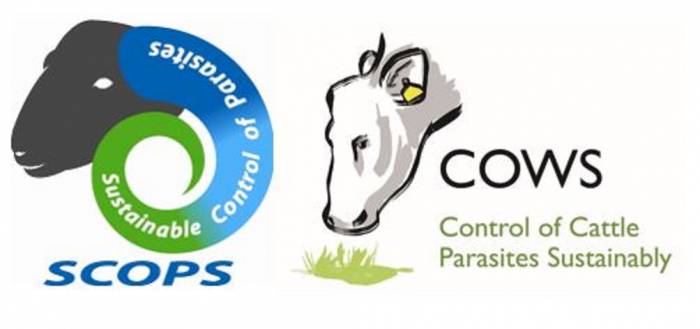13th February 2023
The inclusion of rumen fluke figures in faecal egg count sample results isn’t necessarily a cause for concern, according to experts in the Sustainable Control of Parasites in Sheep (SCOPS) and Control of Cattle Parasites Sustainably (COWS) groups.
SCOPS and COWS has been working hard to encourage livestock producers to use FECs to monitor liver fluke burdens in cattle and sheep, particularly as this internal parasite becomes increasingly unpredictable – and this has brought rumen fluke under the spotlight too.
Diana Williams of the University of Liverpool sits on trhe COWS Steering Group. She says: “Many farmers and their advisers are, quite rightly, looking at FEC sample results at the current time. This is an important element within active liver fluke monitoring. But within the SCOPS and COWS industry groups, we are keen to ensure this does not lead to unnecessary treatment of rumen fluke in sheep and cattle.
“Increasingly, laboratories will record the incidental presence of rumen fluke eggs in faecal samples, but this does not indicate a need to treat.
“A positive egg count only indicates the presence of adult rumen fluke in the rumen. On the very rare occasions that disease is caused by rumen fluke, it is due to large numbers of immature rumen fluke in the duodenum (duodenitis). There are no specific diagnostic tests for immature rumen fluke, and they would be negative on faecal egg count.”
SCOPS and COWS provide these facts about rumen fluke.
